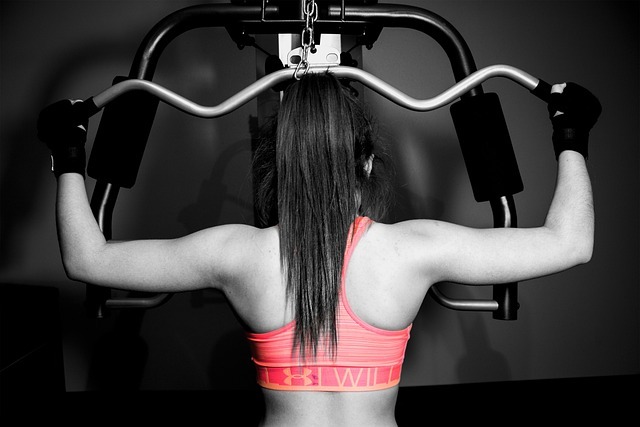Calcium and vitamin D are dynamic duos when it comes to supporting strong bones and overall skeletal health, particularly crucial for women. As the backbone of bone structure, calcium provides the necessary strength, while vitamin D aids in calcium absorption, ensuring bones stay robust and resilient throughout life.

The Importance of Calcium and Vitamin D for Women
Women are at a higher risk of developing osteoporosis, a condition characterized by weakened and brittle bones, compared to men. This increased vulnerability underscores the significance of adequate calcium and vitamin D intake, especially during key life stages such as adolescence, pregnancy, and menopause.
Best Sources of Calcium and Vitamin D
Dairy products like milk, cheese, and yogurt are renowned for their calcium content, making them excellent additions to a bone-healthy diet. For those with lactose intolerance or dietary preferences, fortified plant-based alternatives such as almond milk and fortified cereals offer viable options. Additionally, calcium-rich leafy greens (e.g., kale, broccoli), canned fish with edible bones (e.g., sardines, salmon), and calcium-fortified orange juice contribute to meeting daily calcium needs.
Sunlight exposure is a primary source of vitamin D, as the skin synthesizes this crucial vitamin upon exposure to UVB rays. However, dietary sources such as fatty fish (e.g., salmon, mackerel), egg yolks, fortified dairy or plant-based products, and supplements can supplement vitamin D intake, especially in regions with limited sunlight or during winter months.
Tips for Optimizing Calcium and Vitamin D Absorption
Pairing calcium-rich foods with vitamin D sources enhances calcium absorption, promoting bone health. Engaging in weight-bearing exercises like walking, jogging, or resistance training also stimulates bone density and strength. Additionally, limiting excessive alcohol consumption, avoiding smoking, and maintaining a healthy body weight contribute positively to bone health and reduce osteoporosis risk.
Supplements and Bone Health
In cases where dietary intake or sunlight exposure is insufficient, calcium and vitamin D supplements can bridge the gap and support optimal bone health. However, it’s essential to consult with a healthcare provider or nutritionist to determine the appropriate dosage and ensure supplementation aligns with individual needs.
Conclusion: Strengthen Your Bones with Calcium and Vitamin D
By prioritizing calcium-rich foods, vitamin D sources, and lifestyle habits that promote bone health, women can fortify their skeletal framework and reduce the risk of osteoporosis. Emphasizing these nutrients in your diet and incorporating bone-strengthening activities into your routine pave the way for resilient bones and overall well-being.




